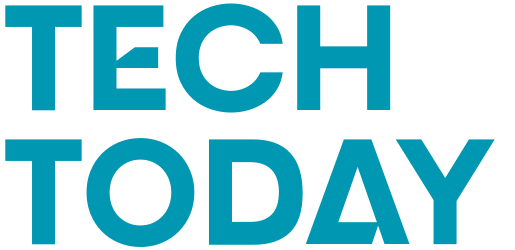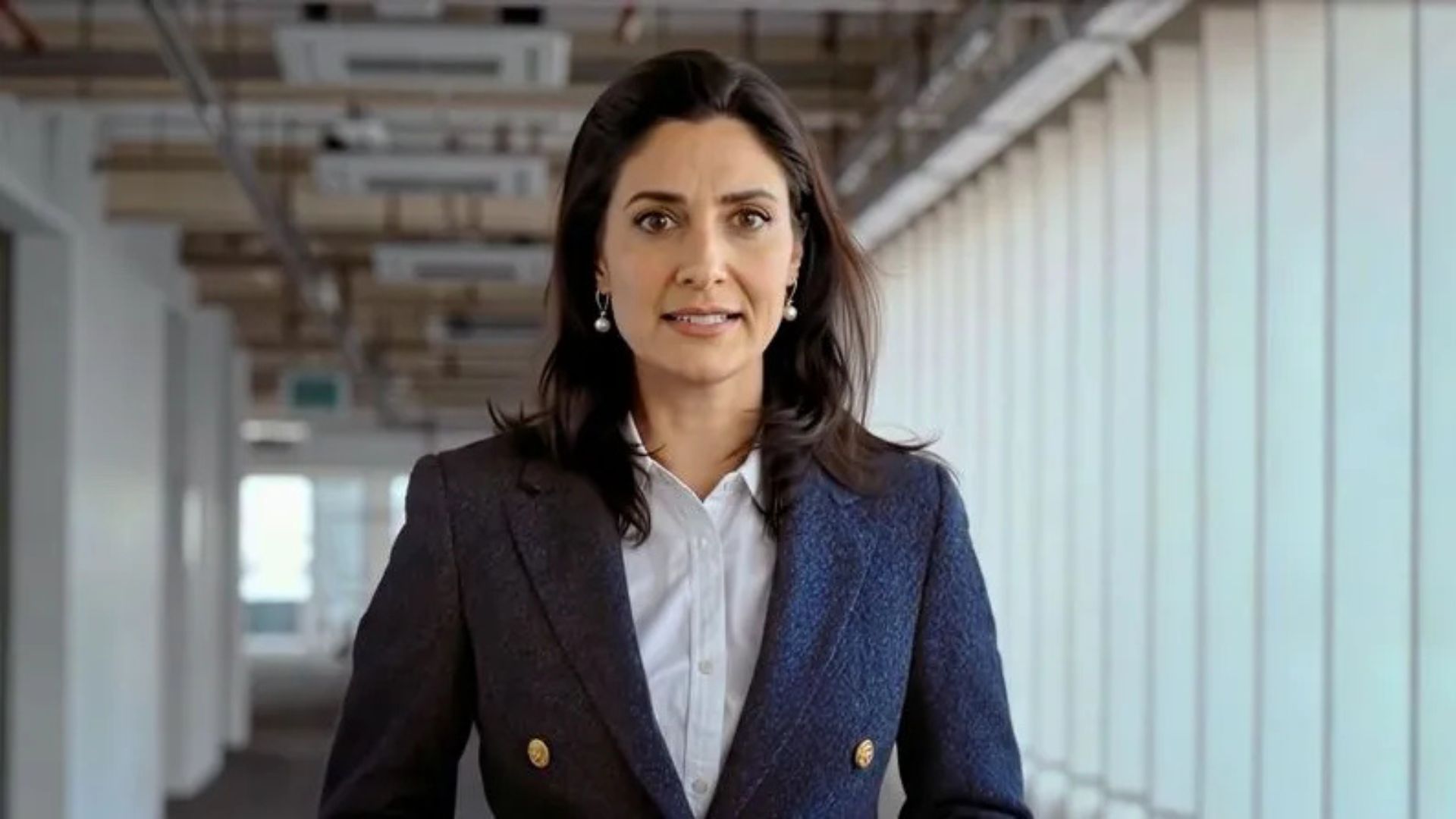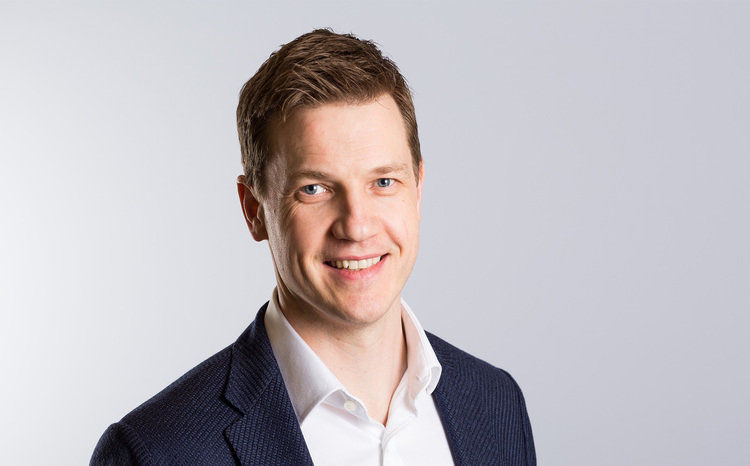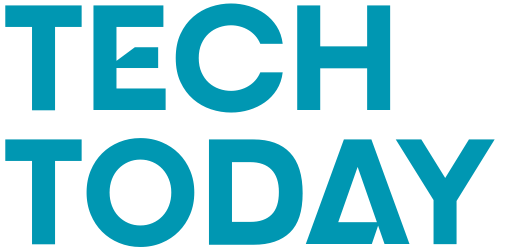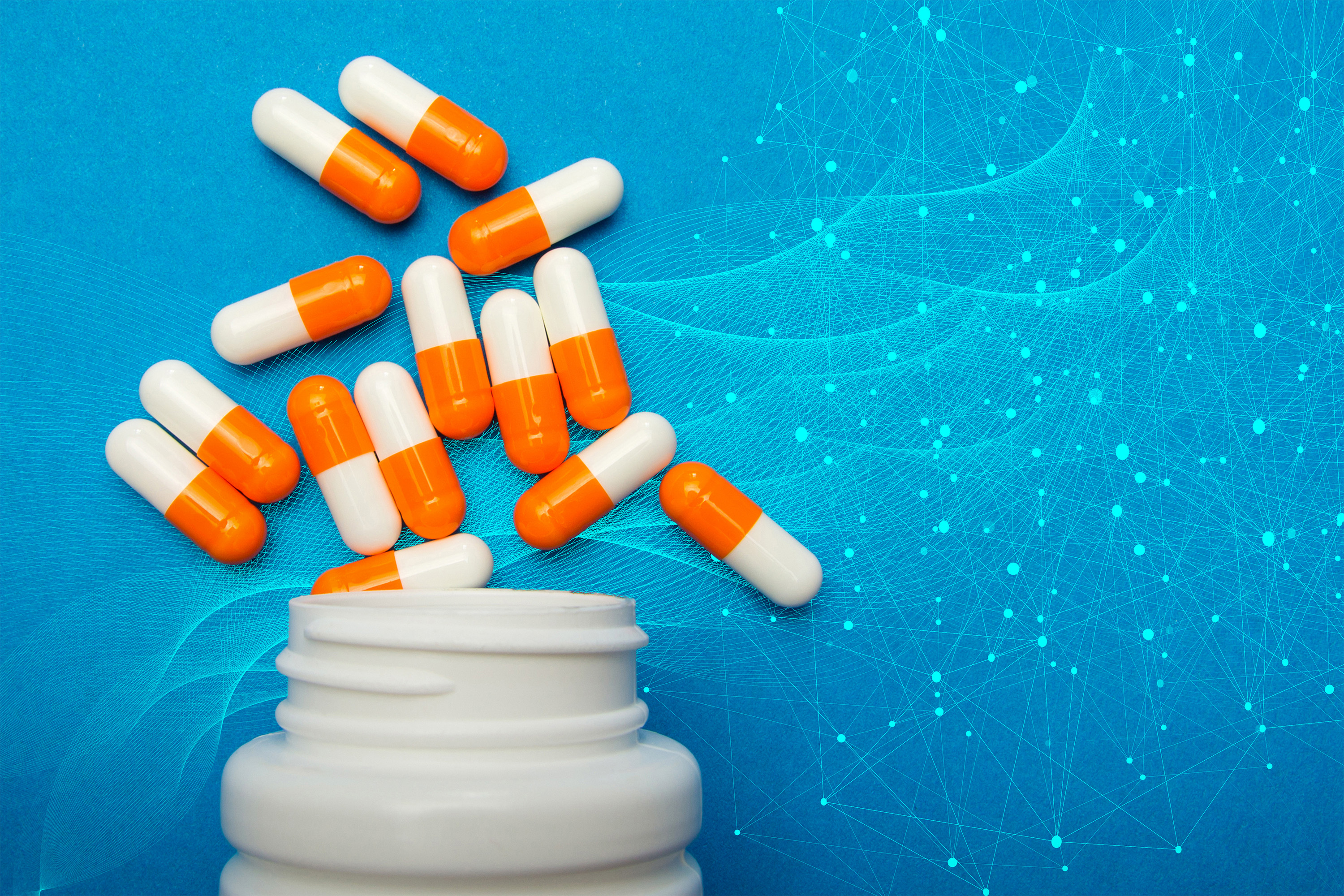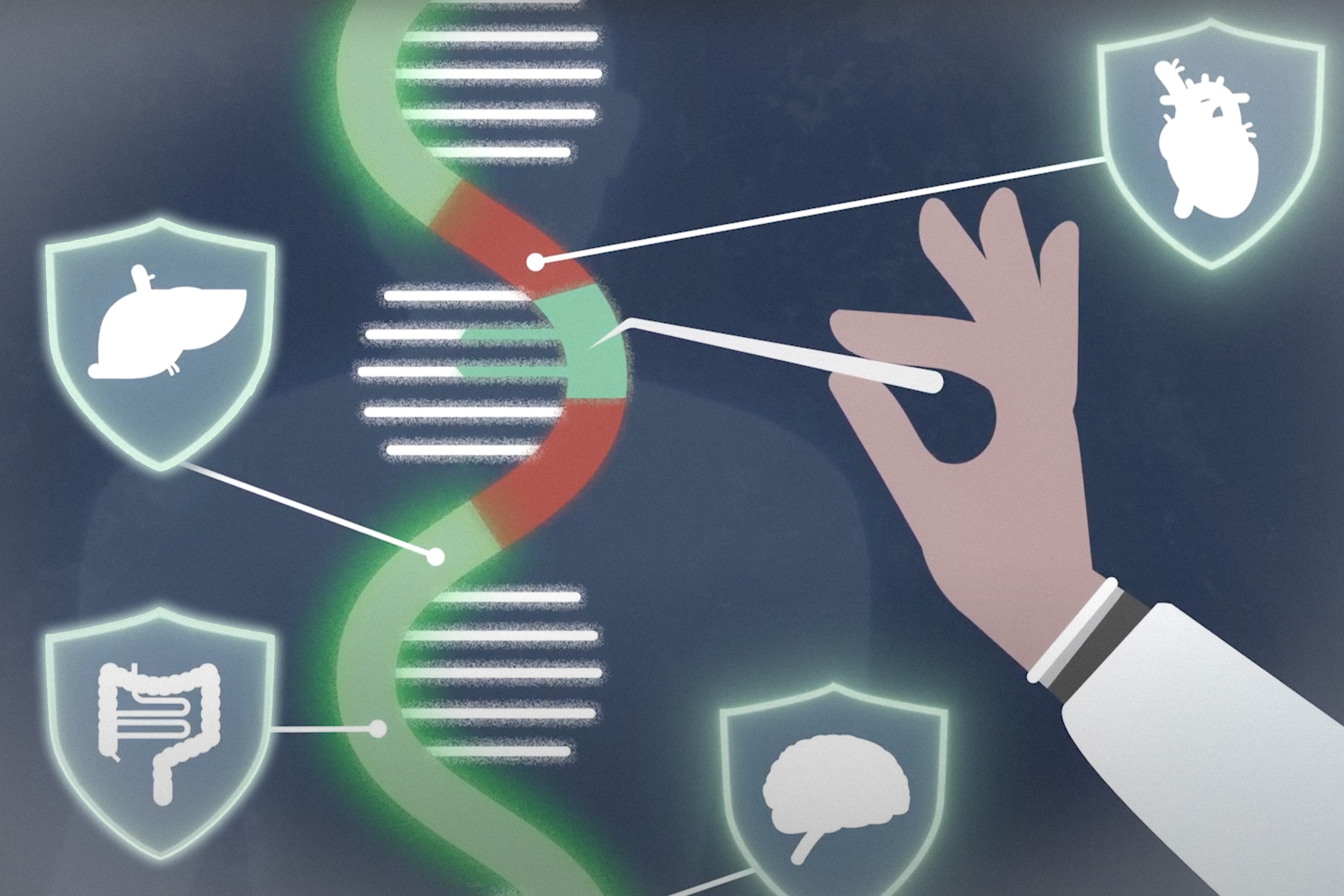If you ask Steve Statler, our current supply chains are essentially the equivalent of an old-school combustion engine (at best), and at worst something akin to a horse-drawn carriage.
“We’re running our supply chains with 19th-century visibility,” said Statler, the CEO and cofounder of AmbAI and host of the Mr Beacon Podcast. “The future is automating it completely, so we see everything everywhere all at once. We improve safety, we reduce waste, we increase shelf life.”
And while things may be largely stuck in the past, where we track food from farm to fork relying on things like barcodes, manual scans, and occasional checkpoints – the end result of which is blind spots that lead to waste, quality loss, and safety risks – Statler believes we are the precipice of dramatic change.
Statler believes much of the change will come as result of broad deployment of tiny, battery-free Bluetooth “stickers” and AI systems capable of reading, analyzing, and acting on their data in real time. “Basically, the cost of infrastructure to read these tags automatically is going down, down, down,” he said. “Over the next one to three years, these tags can harvest energy from the mobile devices, surrounding us. And that’s the unlock.”
The size of a postage stamp, these ambient IoT tags continuously transmit information on temperature and location without human intervention. We will “improve safety, we reduce waste, we increase shelf life,” Statler said, describing a not-too-distant future where every pallet, package, or even piece of produce is monitored end-to-end.
According to Statler, these types of tags could change the way we track food inventory in our fridge, with “dynamic expiry dates” that respond to actual conditions rather than rough estimates. “You talk to Alexa and you say, ‘when is this milk or this salmon or this shrimp going to expire?’ and it will know,” said Statler. “We will have looked at the temperature over time that the product has been exposed to, and we can come up with a 21st-century model of how long the product will last.”
Statler pointed out that Alexa and other home assistants are capable of this today with a small software upgrade. I pointed out that allowing Alexa to track freshness by accessing Bluetooth data emitted from various devices and smart tags in your fridge would require consumer opt-in, especially given growing consumer concerns about privacy and access to their data.
“I think Amazon is very sensitive to that, and when they do this, and this is just me speculating, then they’ll do it with privacy in mind,” said Statler. ” I believe that privacy, when done badly, can kill products.”
I also asked Statler if these types of small beacons are connecting with other IoT systems, like Strella or others that sense changing food chemistry to better predict and manage freshness, and he said they’re starting to, but it’s in the early stages. Statler says the primary focus right now of these beacon system is on temperature and identity. The tags are also part of a larger trend toward serialization, where every individual product has its digital passport for authenticity, traceability, and freshness management.
Feeding this data into AI could shift the industry from traditional supply chains to responsive ‘demand chains.’
“We can do a better job of making better products that people use,” Statler said. “And we can start to go from supply chains to ‘demand chains’ that are informing the production and distribution to be much more efficient.”
It was an interesting conversation, one in which Statler was clearly excited about the potential for AI in our supply chains and in our lives, but also saw a potential danger lurking.
“I’m a little pessimistic about where AI is going. I sort of have this dual view of artificial intelligence, which is it’s amazing, and this is why I got into computing years and years ago. But at the same time, there’s a real chance it’s going to kill us all or enslave us. And I think we have to kind of live with that duality in our heads and do our best to try and make sure that this technology evolves in a positive direction.”
You can listen to my full conversation with Steve by clicking play below, on Apple Podcasts, Spotify, or wherever you get your podcasts.

